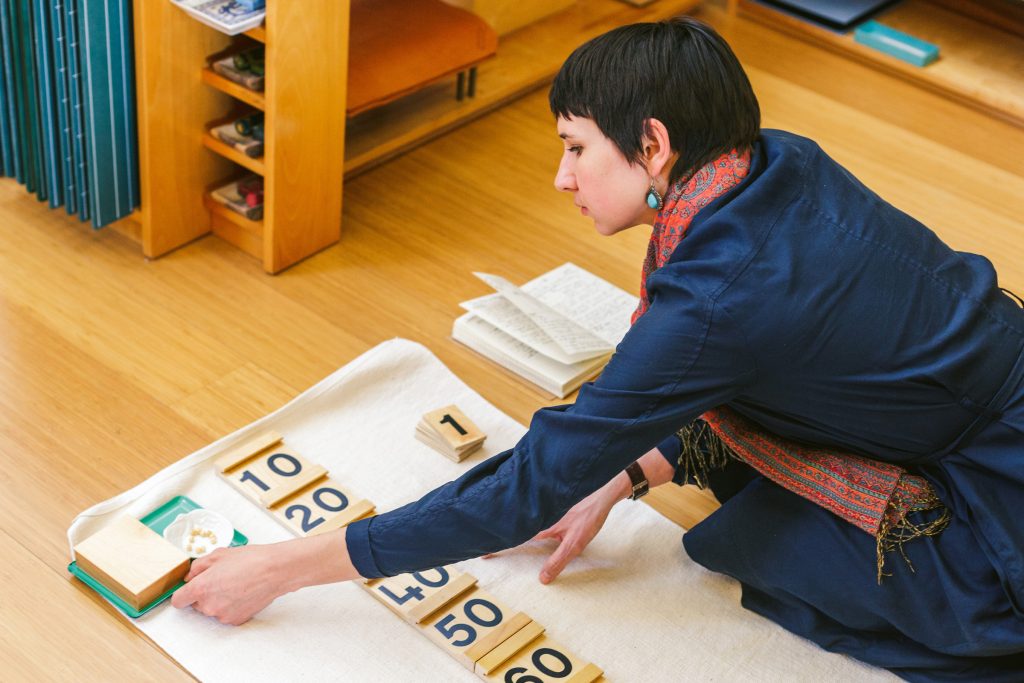Number itself cannot be defined and understand of number grows from experience with real objects but eventually they become abstract ideas. It is one of the most abstract concepts that the human mind has encountered. No physical aspects of objects can ever suggest the idea of number. The ability to count, to compute, and to use numerical relationships are among the most significant among human achievements. The concept of number is not the contribution of a single individual but is the product of a gradual, social evolution. The number system which has been created over thousands of years is an abstract invention. It began with the realization of one and then more than one. It is marvellous to see the readiness of the child’s understanding of this same concept.
Arithmetic deals with shape, space, numbers, and their relationships and attributes by the use of numbers and symbols. It is a study of the science of pattern and includes patterns of all kinds, such as numerical patterns, abstract patterns, patterns of shape and motion. In the Montessori classroom, five families with math are presented to the child: arithmetic, geometry, statistics and calculus. More precisely, the concepts covered in the Primary class are numeration, the decimal system, computation, the arithmetic tables, whole numbers, fractions, and positive numbers. We offer arithmetic to the child in the final two years of the first place of developments from age four to age five and six.
Arithmetic is the science of computing using positive real numbers. It is specifically the process of addition, subtraction, multiplication and division. The materials of the Primary Montessori classroom also present sensorial experiences in geometry and algebra.

Montessori took this idea that the human has a mathematical mind from the French philosopher Pascal. Maria Montessori said that a mathematical mind was “a sort of mind which is built up with exactity.” The mathematical mind tends to estimate, needs to quantify, to see identity, similarity, difference, and patterns, to make order and sequence and to control error.
The infant and young child observes and experiences the world sensorial. From this experience the child abstracts concepts and qualities of the things in the environment. These concepts allow the child to create mental order. The child establishes a mental map, which supports adaptation to the environment and the changes which may occur in it.
